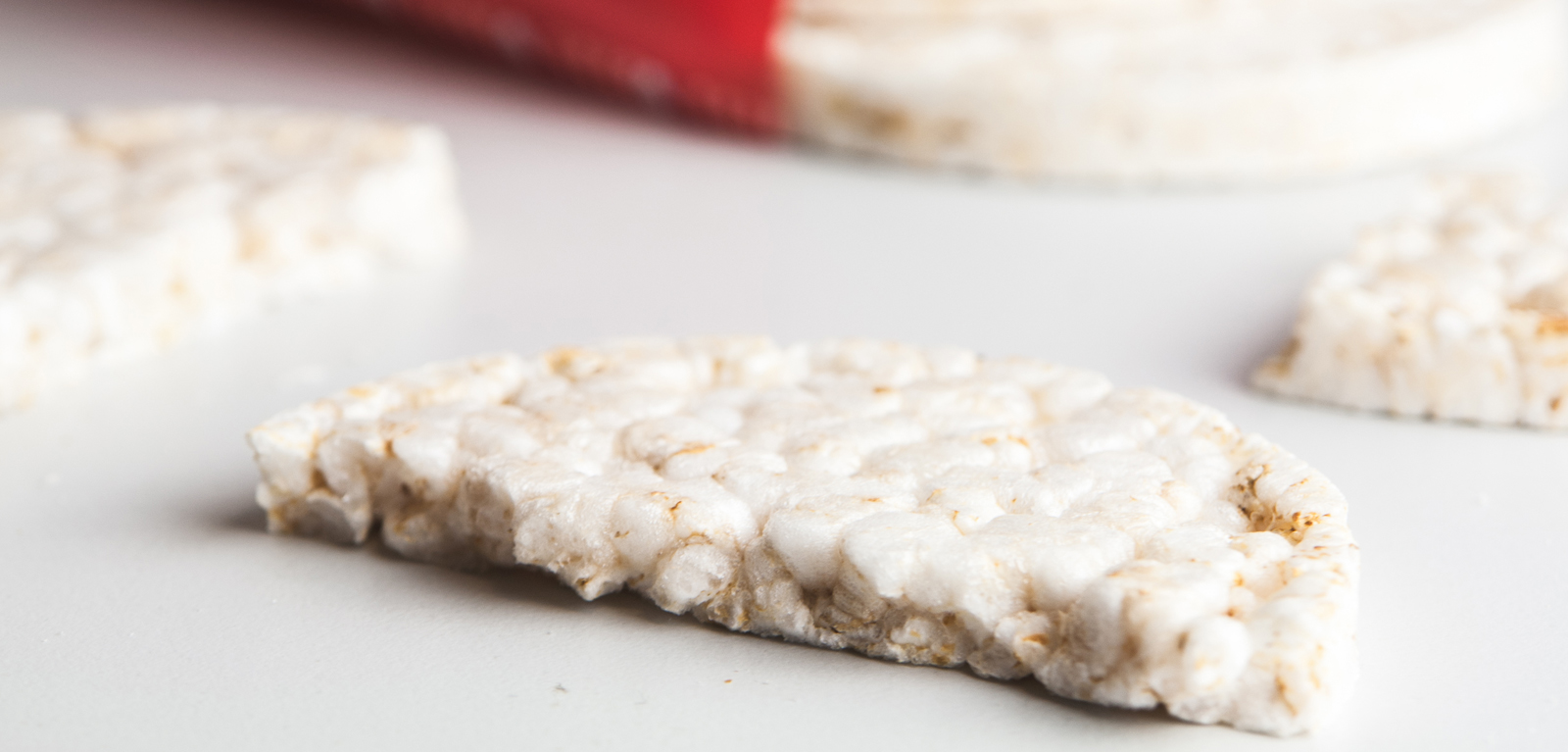IGFS URGES EU TO DO MORE TO LOWER ARSENIC LEVELS IN INFANT FOOD
Researchers at the Institute for Global Food Security (IGFS) have said that EU laws introduced in January 2016 regarding carcinogen inorganic arsenic should be revised to ensure a lowered concentration of arsenic in baby food.

The research, led by Professor Andrew Meharg, showed that further lowering the concentration of arsenic in baby food could be set following widespread compliance of the 2016 regulation.
Inorganic arsenic is a carcinogen that is found to be around 10-times higher in rice than in other staple foods. It impacts on child IQ, growth rates and immune development.
The latest research, which is published in open access publisher PLOS, set out to establish inorganic arsenic levels in UK baby foods, as well as their general (that is, not specifically labelled as being for infant consumption) equivalents for the UK. This was to observe how the new EU laws were being enforced, and to identify if specific children’s products had diverged from generic porridges, grain cakes and breakfast cereals. The findings of the survey also compared concentrations found in previous investigations.
Professor Meharg said: “Laws regarding the level of the carcinogen inorganic arsenic were set by the EU to protect the most vulnerable in our society: babies and infants. It is encouraging to see a decrease in the level of inorganic arsenic in infant products but I would suggest the EU should revise and lower its current regulations.
“Previously we found baby foods that contain rice to be widely above the standard, but the introduction of the standard has led to widespread compliance, basically by reformulating foods for young children to contain less rice.
“I would suggest, however, that the EU standards were set at too high and arsenic concentration and should be lowered, and that the response of the food industries to regulation show that they can readily comply. Our results show that attaining lower inorganic arsenic standards in infant foods is readily achievable.”
In 2017, Queen’s University Belfast launched a Social Charter, a formal initiative reflecting the breadth and depth of the University’s local and global impact. The initiative includes 19 Signature Projects including the work of IGFS on inorganic arsenic in rice.
